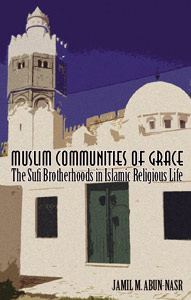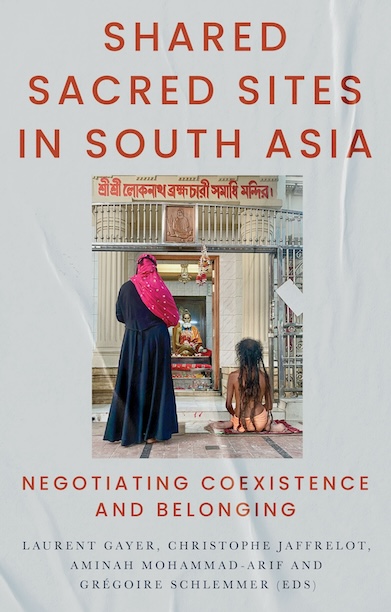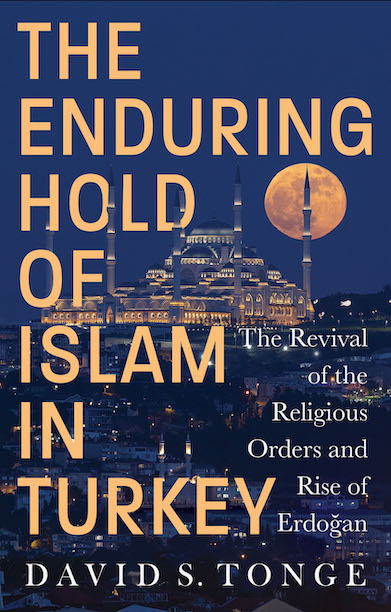Description
The Sufi brotherhoods are not religious orders, but religious communities within the general community of Islam. Their members neither live in monasteries nor take vows of celibacy and poverty. They are Muslims who marry, earn their living and seek wealth and positions of influence in their societies. But they entrust their salvation and well-being in this world to the spiritual guardianship of their brotherhoods’ founders and the redemptive efficacy of the mystical rites they set for them. Their form of Islamic religious communalism has become, since the eighteenth century, a dominant aspect of religious life in most Muslim lands, while the brotherhoods’ supreme heads and the shaykhs of their important branches often command much social and political power. However, the religious factors that account for the appearance of Sufi religious communalism and for the appeal it has had to Muslims living in countries as far apart as Egypt, India, Indonesia and Senegal remain largely unexplained, and this is the principal theme of Abun-Nasr’s new book. Muslim Communities of Grace reconstructs the development of the Sufi tradition, guided by insights from original Sufi sources, intended primarily to explain the emergence of the Sufi brotherhoods’ form of Islamic communalism and its perennial appeal. The final two chapters discuss the clash between Salafi and Sufi ideals in the twentieth century, which led Sufi shaykhs to find themselves in the incongruous position of being promoted by secular modernising national leaders in order to counteract the hostility of Salafis and, from the 1970s, of Islamists too. Abun-Nasr concludes by examining the disarray wrought on traditional Muslim societies by secular modernisers, the uncertainties thus created only serving to broaden the appeal to ordinary Muslims of the Sufi brotherhoods’ religious communalism. The latter’s fraternal religious solidarity offers Muslims at the local level help in facing the problems of daily life.
Reviews
‘Presents an overview of the development of Sufism from its earliest beginnings following the death of the Prophet until the present day. The author traces this history from what he calls the Sufi tradition of piety, practised largely by isolated individuals, through the appearance of a variety of different forms of religious practice which eventually develop into increasingly structured religious brotherhoods with formalised sets of religious “rules” and hierarchies of authority.’ — Professor Louis Brenner, SOAS
Author(s)
Jamil M. Abun-Nasr is Emeritus Professor of Islamic studies at the University of Bayreuth, Germany, and author of many works including A History of North Africa in the Islamic Period and The Tijaniyya: A Sufi Order in the Modern World.






